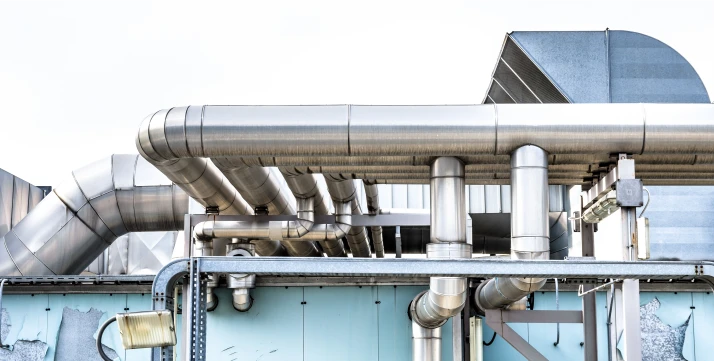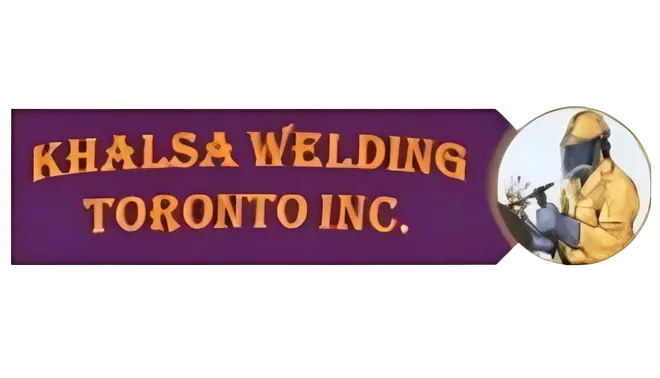
6 Key Factors To Consider For Proper Mechanical Piping Insulation
Mechanical piping insulation covers outdoor piping with insulator materials that act as a protective layer against environmental effects and constant heat transfer. Mechanical piping insulation is a compulsory safety requirement in industrial hot and cold systems. It also ensures the system’s efficiency and conserves energy.
Carefully evaluating mechanical piping insulation is vital for the system’s optimal performance and the pipes’ durability. This applies to all mechanical piping systems in manufacturing plants or commercial structures.

Factors To Consider For Piping Insulation
Here are the 6 key factors one should focus on for achieving effective mechanical piping insulation –
1. Thermal Conductivity
Mechanical pipe insulation’s efficacy significantly depends on the thermal conductivity of the insulator material. If a material does not transfer health from a hot or cold pipe to its surroundings, it has a lower thermal conductivity, which provides better insulation. Materials like foam and fiberglass have a low thermal conductivity that minimizes heat loss and maintains pipe temperatures.
2. Thickness of Insulation
The width of the protective layer that covers mechanical pipes is an influential factor affecting insulation’s success and effectiveness. The thicker the layer, the less heat transfer, and the better protection. Still, deciding the right thickness depends on other factors, including the insulation application, the environment around the pipes, and the required stable temperature. A healthy balance between these factors and adequate insulation thickness is crucial for best results.
3. Materials Used for Insulation
The success of mechanical pipe insulation also depends on the insulating material. The most used materials include fiberglass, foam, mineral wool, and reflective barriers. These materials have different thermal characteristics, endurance to environmental variables, and durability. Knowing these properties before choosing any material is crucial for understanding its application requirements, moisture resistance, and temperature range.
4. Resistance to Water-Vapor
Condensation on pipe surfaces leads to corrosion and reduces insulation efficiency. Therefore, good resistance to water vapor or moisture is necessary to prevent condensation and preserve the integrity of the insulating layer, shielding the mechanical pipe underneath. Considering this factor is crucial for mechanical pipes in fluctuating temperatures and high humidity levels.
5. Installation Method of Insulation
The effectiveness of mechanical pipe insulation also depends on the installation method. The pipes should be tightly warped to ensure negligible gaps and appropriate coverage. The best method for securing the insulation material in place is adhesive or mechanical fasteners. Properly installed protection boosts thermal efficiency, minimizes heat transmission, and extends the pipes’ durability.
6. Location of Pipes
Consider the pipes’ location, whether outside (exposed to the external environment) or inside (covered by the external environment), before choosing insulation material and thickness. Due to their exposure to changing weather, outdoor pipes require more durable insulation materials with resistant environmental factors. Insulation for indoor pipes depends on specific conditions of the location.
Since each of these factors influences the insulation’s overall efficacy, informed choices are essential to get the best results in different settings.
Improve System’s Efficiency With Effective Mechanical Piping Solutions
Enhance the way of handling mechanical systems with our advanced mechanical piping solutions. Khalsa Welding Toronto brings you the best technologies for unparalleled efficiency and durability. Our mechanical piping service is designed to elevate your efficiency standards.
Don’t settle for the ordinary when you can access the best. Contact us today at (416) 809-5335 and choose excellence with our solutions.
RECENT POST
- 6 Key Factors To Consider For Proper Mechanical Piping Insulation
- 5 Types Of Welding Joints You Should Know About
- 7 Common Types Of Welding Services
- How Long Does A Typical Welding Service Take?
- Emergency Welding Repairs: How Mobile Welders Save the Day
- How To Maintain And Extend The Lifespan Of Welded Structures

